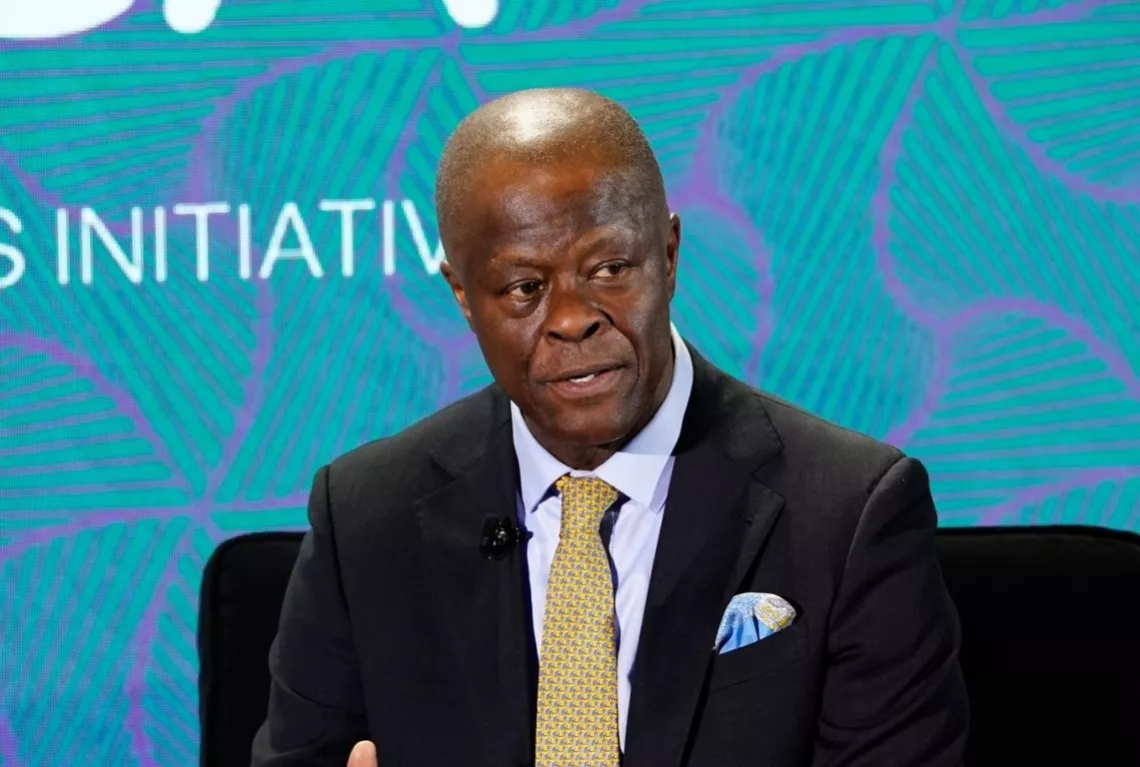Nigeria is currently engaging the World Bank for financial assistance to address the challenges faced by internally displaced persons (IDPs) and their host communities. The request is for a loan of $500 million to fund the Solutions for the Internally Displaced and Host Communities Project.
According to details provided by the Washington-based lender, this initiative is designed to significantly enhance access to resilient and inclusive basic services and economic opportunities in Northern Nigeria, a region profoundly affected by displacement.
“The proposed project will utilise a three-pronged approach to develop sustainable solutions for IDPs and host communities in Northern Nigeria,” a document from the World Bank read.
The Solutions for the Internally Displaced and Host Communities Project, slated for approval on April 8, 2025, represents a targeted effort to improve the lives of millions affected by internal displacement due to conflict, violence, and climate challenges.
“The proposed project will follow a ‘People-in-Place’ approach, integrating the needs of the people and the impacts on the place where they settle,” the document added.
The Federal Ministry of Budget and Economic Planning will act as the borrower for Nigeria, while the National Commission for Refugee Migrants and Internally Displaced Persons and the North East Development Commission are the implementing agencies.
According to a review by a World Bank team, northern Nigeria, particularly the states of Borno, Adamawa, and Yobe, has witnessed the highest numbers of IDPs, mainly due to the ongoing conflict involving Boko Haram and other factors such as banditry and farmer-herder conflicts.
These challenges have significantly impacted the economic and social fabric of Northern Nigeria, with displacement affecting over 3.5 million people.
“The proposed project aims to provide tailored solutions for each of the targeted states and communities, recognising that each internal displacement situation is specific and localised,” the World Bank document stated.
The World Bank’s intervention through the requested loan aims to mitigate these effects by fostering economic opportunities and improving access to basic services, thus contributing to a more stable and prosperous future for IDPs and their host communities in Nigeria.





